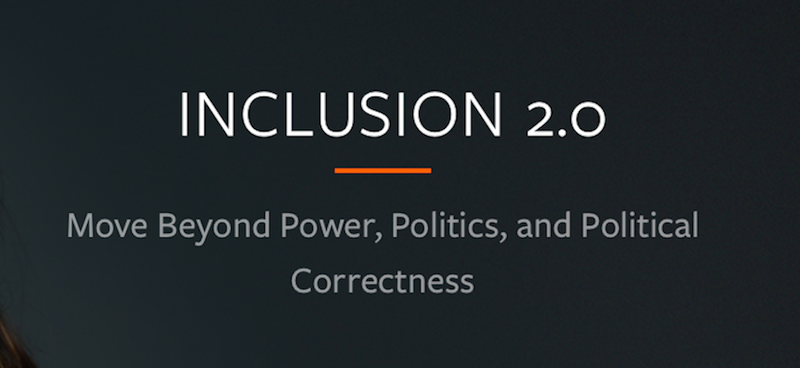In recent years, spiritual communities, including Christian churches from different traditions, temples, meditation centers, yoga centers, and other practice communities have experienced a rise in intergroup conflicts and ideological schisms since the adoption of diversity and inclusion measures that are based on the ideological assumptions of Critical Race Theory (CRT), Standpoint Theory, Queer Theory, and other postmodernist ideologies that are built upon the oppressor vs. oppressed frame of reality.
While these programs are almost always well-intentioned, they are often implemented in unhealthy ways.
To work with this challenge, organizational consultant, conflict mediator and Zen teacher, Diane Musho Hamilton developed a program called “Healthy Inclusion 2.0” in collaboration with teachers, mediators, and organizational theorists. Although this blog post is not an explicit endorsement of the program, we feel it’s important to support campaigns for healthy inclusion like the one that Hamilton has designed.
The following list, taken from Hamilton’s 10 Directions website, describes what “unhealthy inclusion” looks like, and calls for a new approach to inclusion, equality, diversity and social justice in communities and organizations.
Unhealthy Inclusion
* Oppressive rules around speech and “political correctness”. – – There can seem to be a hypersensitivity to language and behavior that can create a culture of fear.
* Endless processes of blame and accusation that don’t seem to ever resolve.
* A victim-oppressor framework that doesn’t allow any other narratives to come forth.
* The inversion of power hierarchies instead of their transformation (with a new group of oppressors at the top instead of no oppressors there).
* Devaluing of assertiveness and aggressiveness that can breed with competitors.
* Creating a talent drain as some leave rather than speak out.
* A monoculture that only values a narrow range of attitudes, politics, personality types, and communication styles.
* The demonization of those with differing views.
* A focus on internal politics and policies which draws too much attention away from action and movement forward.
